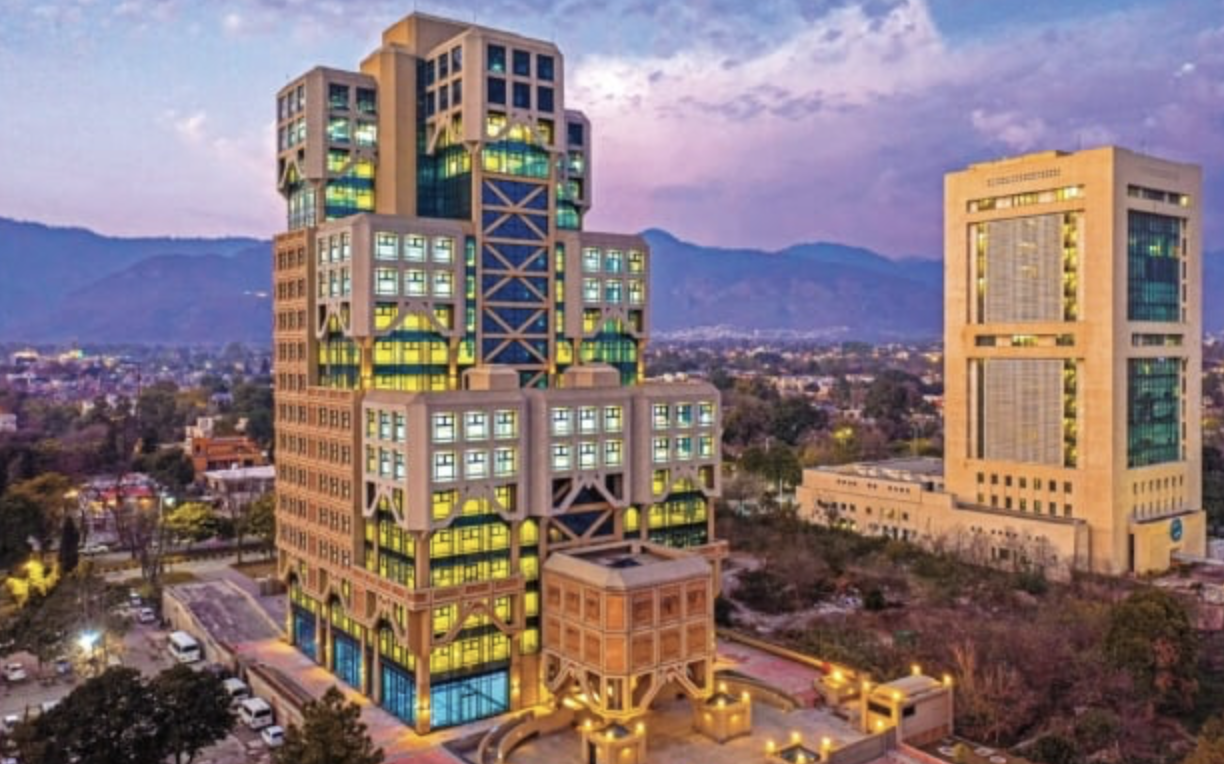The State Life Insurance Corporation of Pakistan (SLIC) is committed to providing universal health insurance coverage to 180 million citizens. By offering comprehensive health services and integrating performance-linked funding, SLIC aims to enhance healthcare access and equity across the country.
The State Life Insurance Corporation of Pakistan (SLIC) has established itself as a leading provider of universal health insurance, serving approximately 180 million residents across three provinces. This extensive experience enables SLIC to deliver tailored insurance solutions that promise comprehensive social protection for all Pakistanis.
CEO, Shoaib Javed Hussain expressed the organization’s commitment to broadening access to healthcare services, aiming to integrate additional regions into its existing infrastructure to ensure more citizens benefit from essential medical care. In a recent interview with The News, Hussain highlighted the continuous development of the government’s social health insurance initiatives throughout Pakistan. He noted significant steps taken in various provinces, particularly the adoption of the Balochistan Health Card Programme (BHCP) in late 2023, a crucial move towards universal healthcare coverage. Since the programme’s inception, it has already supported over 150,000 patients seeking inpatient treatment, providing critical assistance to many individuals in need. The improvements in Balochistan’s healthcare services can be attributed to a new funding mechanism that prioritizes the quality of care provided by public hospitals. This performance-linked funding has instilled a sense of accountability, leading to enhanced healthcare delivery and ensuring patients receive better medical attention.
According to Hussain, SLIC’s mission is fundamentally humanitarian; as a state-owned enterprise, the organization is dedicated to delivering social services rather than focusing on profits. Under this health insurance initiative, every beneficiary family is entitled to an annual health coverage of up to one million rupees, ensuring that all citizens, regardless of their socio-economic status, can access necessary healthcare. Hussain emphasized that this coverage provides empowerment and security for families, equipping them with financial resources for medical treatment.
SLIC has been pivotal in the gradual rollout of health insurance in Pakistan since its launch in 2012 as part of the “Sehat Waseela” initiative within the Benazir Income Support Programme. Initially a pilot project in Faisalabad, SLIC played a key role in expanding the programme to cover outpatient services. A recent pilot of outpatient department (OPD) coverage began in the Mardan district of Khyber Pakhtunkhwa, in partnership with the German Bank KfW, marking a further extension of SLIC’s insurance services. Hussain shared that upon successful completion of the trial phase for OPD coverage, a larger rollout in Khyber Pakhtunkhwa can be expected. Importantly, the insurance scheme also includes coverage for organ transplant procedures, showcasing the expansive nature of the services provided.
In Punjab, the provincial government has implemented policies that prioritize public health facilities for maternity services while introducing a co-payment system for costly surgeries. This co-payment mechanism enables families to contribute lightweight financial resources for expensive treatments, thereby promoting responsible use of healthcare services and discouraging unnecessary visits to costly private hospitals for minor health issues. Hussain explained that by imposing a co-payment in Punjab, the program not only encourages accountability among beneficiaries but also allows for better resource allocation toward those in greatest need, thereby enhancing equity in healthcare delivery. This approach ensures that a larger segment of the underserved population can benefit from medical services, while also easing the strain on both public and private healthcare facilities.
Despite the introduction of reforms to improve the healthcare facilities, Hussain assured that the insurance coverage has remained uninterrupted in provinces where it has been launched. He emphasized that continuous learning is a core component of the programme’s evolution, with SLIC committed to adapting and enhancing its services as necessary.
Furthermore, SLIC has established a state-of-the-art data center in Islamabad, which serves as a central repository for patient information in the health insurance sector of Pakistan. This database tracks the treatment history of every patient under the insurance scheme, ensuring that complete medical records are accessible in real-time, regardless of the remote location of healthcare facilities. The advancements in SLIC’s healthcare insurance program reflect a strong commitment to social welfare by addressing the health needs of the population and making significant strides toward expanding healthcare access throughout Pakistan. The organization’s proactive efforts to integrate technology, enforce accountability, and provide equitable health services underscore its role in shaping a healthier future for millions of Pakistanis.
In conclusion, SLIC’s initiatives illustrate a robust framework for delivering essential healthcare to all citizens. With the ongoing commitment to improve services, adopt innovative funding mechanisms, and enhance accountability, SLIC is poised to play a crucial role in the country’s healthcare landscape, striving to ensure that no citizen is left without the care they need.


